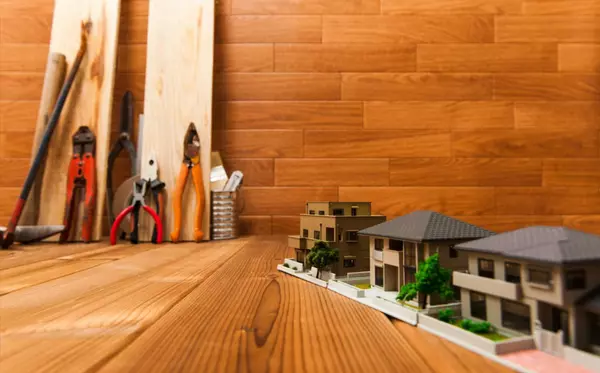NIMBY-ism vs YIMBY-ism

What Do These Terms Mean, and Why Do They Matter?
In the world of real estate, you will encounter many acronyms throughout your home-buying or selling journey, like FSBO (for-sale-by-owner), MLS (multiple listing service), ROI (return on investment), and FMV (fair market value). However, two acronyms that you may come across, especially if you’re dealing with affordable housing, are NIMBY and YIMBY. Are these terms leaving you scratching your head? Let’s discuss their meanings and how they might affect you.
Not in My Backyard (NIMBY)
NIMBY stands for “Not in My Back Yard” and is typically used to describe current residents or homeowners who oppose the idea of new — typically, more affordable or denser — housing developments near their homes.
The optimistic view of NIMBYs is that some are simply residents who seek to preserve the stability of their communities and oppose any changes that would alter their surroundings. In essence, they want to preserve what they have built within their community by pulling up the ladder. However, in other situations, NIMBYs may reject additional housing due to fear, classism, and concerns about increased traffic, overcrowded schools, lowered property values, impacted quality of life, and other factors. It’s important to note that once these new developments are actually constructed and in place, these fears rarely come to fruition. Developers hope to overcome these concerns and move forward with housing development without opposition. Sadly, most land development (zoning) codes do not allow for a diversity of housing types for a diversity of income earners in large part because of NIMBYism.
In Austin, many NIMBY followers hold these sentiments in the hopes of preserving the value of their investments or in the hopes that they will continue to appreciate faster than they would if we built the housing we need (artificially limiting supply drives up the value of what is already built). Regardless of the many important benefits surrounding new housing projects, NIMBY beliefs tend to induce political disputes and legal obstacles that cause setbacks to their development. In turn, the NIMBY ideology significantly influences housing projects, preventing them from moving forward in many cases.
On the opposing spectrum, many people are in the pro-housing category.
Yes in My Backyard (YIMBY)
YIMBY stands for “Yes in My Backyard” and refers to those who hold pro-development stances focusing on improving density and growth, often emphasizing affordable housing. Those who follow the YIMBY mantra believe that land use codes and zoning laws are in dire need of reform to enable the establishment of more affordable housing.
The YIMBY argument is centered around the idea that building more housing will create additional options at various income levels while limiting direct environmental impacts. The YIMBY movement was a direct response to the NIMBY ideology and generally maintains a positive outlook toward more housing supply overall.
How Does This Affect the Austin Community?
These two groups represent entirely opposing sides in terms of housing development and planning, often coming head to head in courtrooms and at City Hall. Austin has entrenched, well-funded NIMBY groups that protest the policies that make housing easier to build, specifically in areas with affluent neighborhoods and higher home values. There is a long effort to protect exclusionary zoning in many of Austin's highest opportunity areas.
The Austin region has experienced tremendous growth in population, including a surge of affluent new residents, and an increase in economic prosperity. The high demand for housing has triggered a soaring rise in rental costs, real estate prices, and salaries — despite the higher wages, the cost of living has risen even higher. The increased cost of living has created tension in the housing market, culminating in a significant need for more affordable housing.
For every battle that the NIMBY following brings front and center, the pro-housing advocates (YIMBYs) will serve as the opposing voice, pointing out that their unsubstantiated fears of falling property values and increased community problems have not historically held true.
In the end, Austin’s housing affordability issue is far more complex than either group can comprehend. Speak with the trusted experts at HomeBase today to learn more about Austin real estate.





